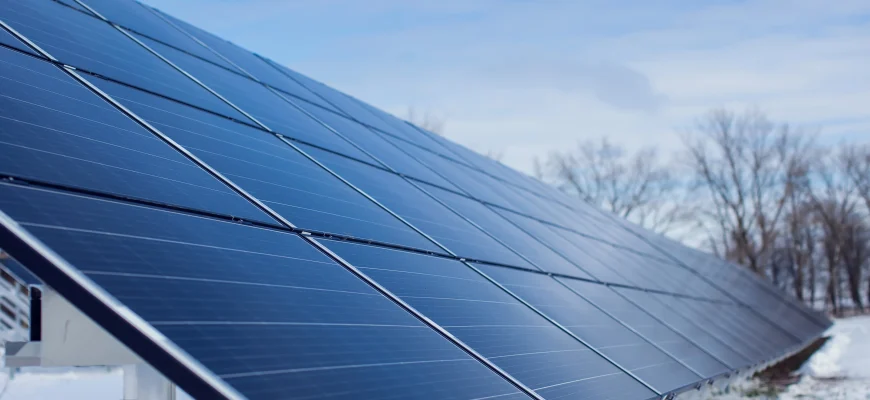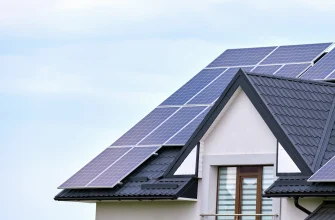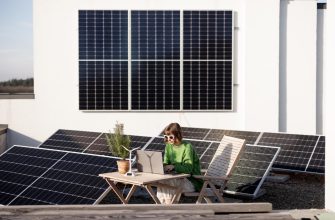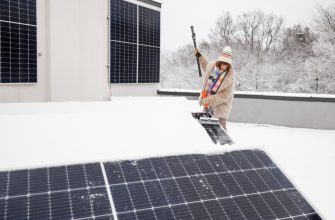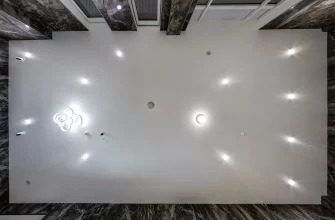More and more people are choosing to install solar panels to reduce energy costs and reduce the negative impact on the environment. At the same time, however, many are interested in how safe these technologies are for users and the environment. In this article, we will look at both the benefits and possible risks of using solar panels.
Disadvantages and potential harm
In general, the use of solar panels is considered environmentally friendly and does not pose a threat to human health. However, certain risks arise at the stages of production and utilization. It is important to consider these nuances and comply with relevant environmental regulations to minimize potential harm.
What materials can be harmful?
Solar panels are made up of various metals and chemical elements, such as lead, copper, gallium, cadmium, synthetic materials, and aluminum used as a base. If not properly disposed of, these components can harm the environment. Therefore, it is important to properly remove and recycle the materials at the end of the solar panels’ service life.
Disposal of solar panels after use
The service life of a solar panel is about 25-30 years. After that, it is necessary to remove materials that can be reused, such as aluminum, copper, metal foil, and switchboards.
Methods of panel recycling
- Fine method – involves the removal of almost all elements of the panel for further use.
- Coarse method – involves recycling only the main materials.
Some manufacturers offer free return of used panels for recycling. Moreover, certain panels can continue to function even after their official service life, making their use even more economical and environmentally friendly.
Important factors to consider
- Price and payback. Solar panels are quite expensive, but if used properly, they pay for themselves in 4-6 years.
- Productivity. The efficiency of solar panels can vary from 5% to 25%.
- The need for space. To install the panels, a large area is required, as well as the correct location in terms of azimuth and inclination of the surface.
- Dependence on weather conditions. System performance varies depending on the weather and time of day.
Are solar panels dangerous to health?
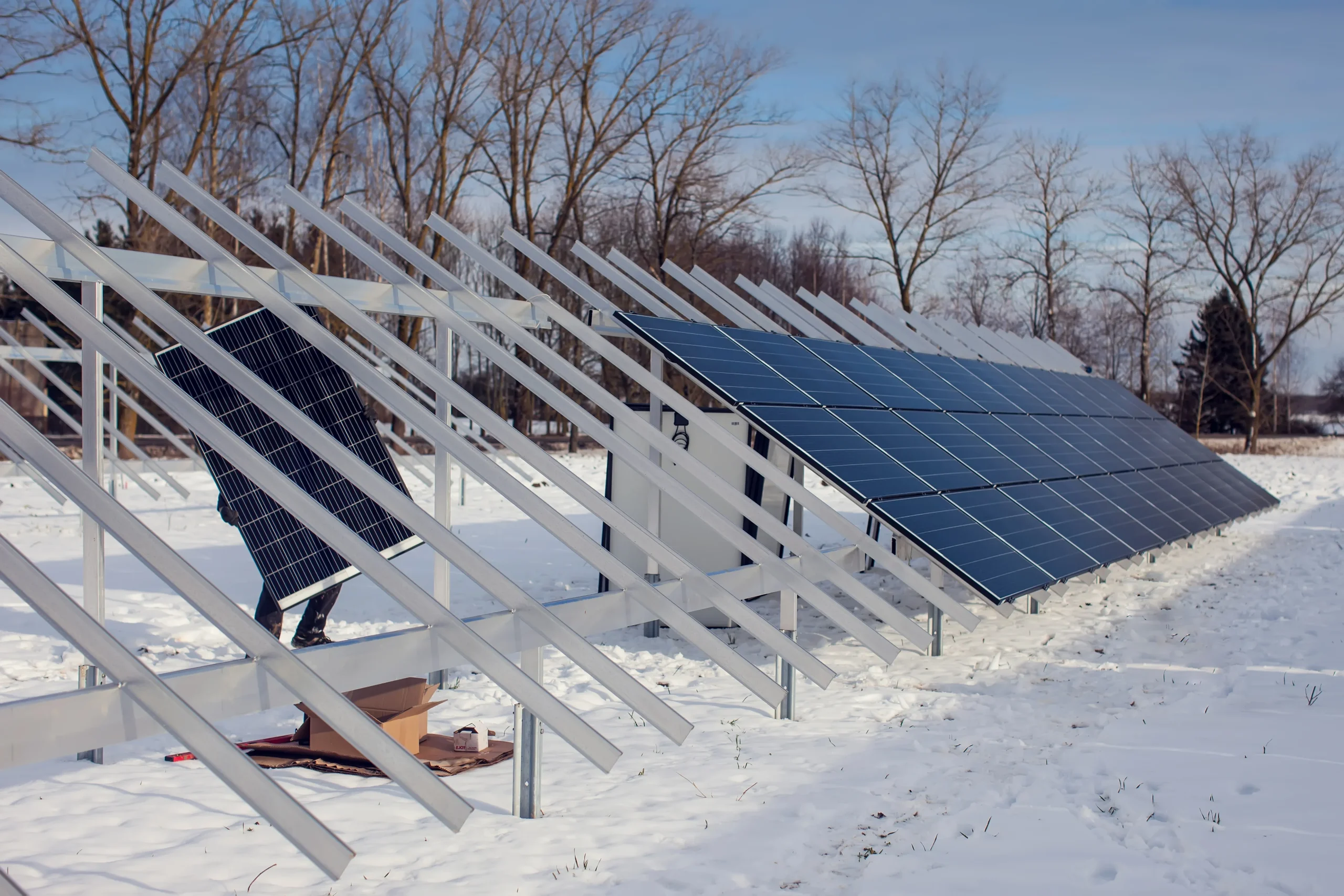
Taking into account all the nuances, the use of solar panels is not dangerous for humans. The use of solar energy is actively spreading in everyday life and industry. Today, its share in the global energy balance is only about 1%. However, according to forecasts, by 2050, this figure may increase to 20-25%. With the development of technology, the performance of panels will improve, and the possible negative impact on the environment will decrease.
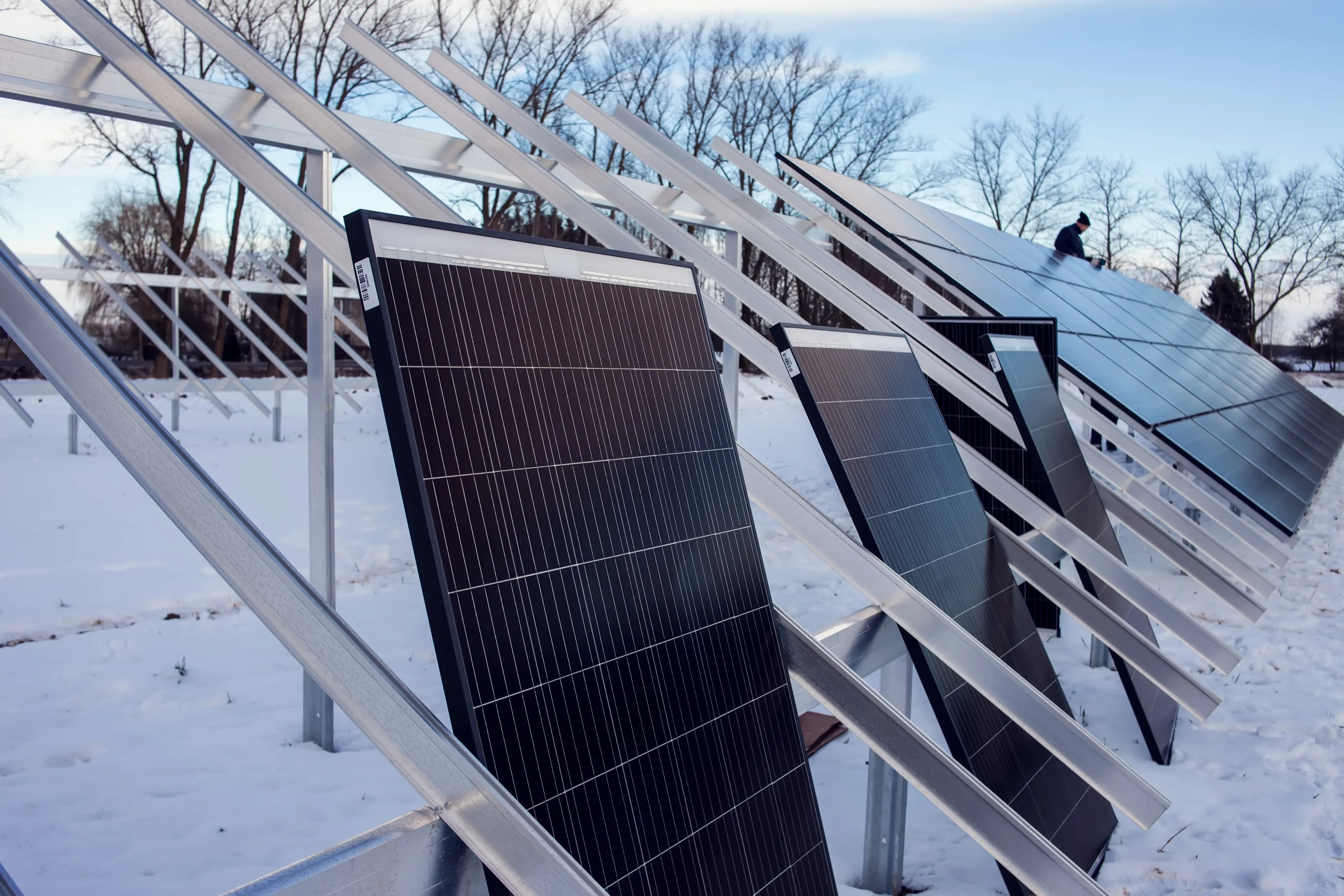
Benefits of using solar energy
Solar energy is accessible to everyone and has many advantages. Despite potential risks, it is one of the most environmentally friendly alternatives to traditional energy sources.
- Autonomy. The use of solar panels allows you to organize an independent power supply.
- Free source of energy. The sun will remain a source of energy for at least 5 billion years.
- Environmental safety. No harmful emissions are released during the use of the panels.
- Noiselessness. Solar panels operate absolutely silently.
- Strength and durability. The panels are resistant to damage and have a long service life.
- Recyclability. At the end of their service life, the panels can be disposed of or partially recycled for reuse.
Consultation and support
If you still have doubts about the feasibility of installing solar panels and want to learn more about their benefits and possible harm, contact our specialists for advice. Experts will help you calculate the payback and choose the best system for your needs.
Solar energy is becoming more and more popular due to its environmental friendliness, autonomy, and cost-saving potential. Although some aspects, such as disposal or high initial cost, may raise questions, the overall benefits of using solar panels far outweigh the disadvantages. Advances in technology and gradual improvements in panel production and processing will make them even safer and more efficient in the future.
